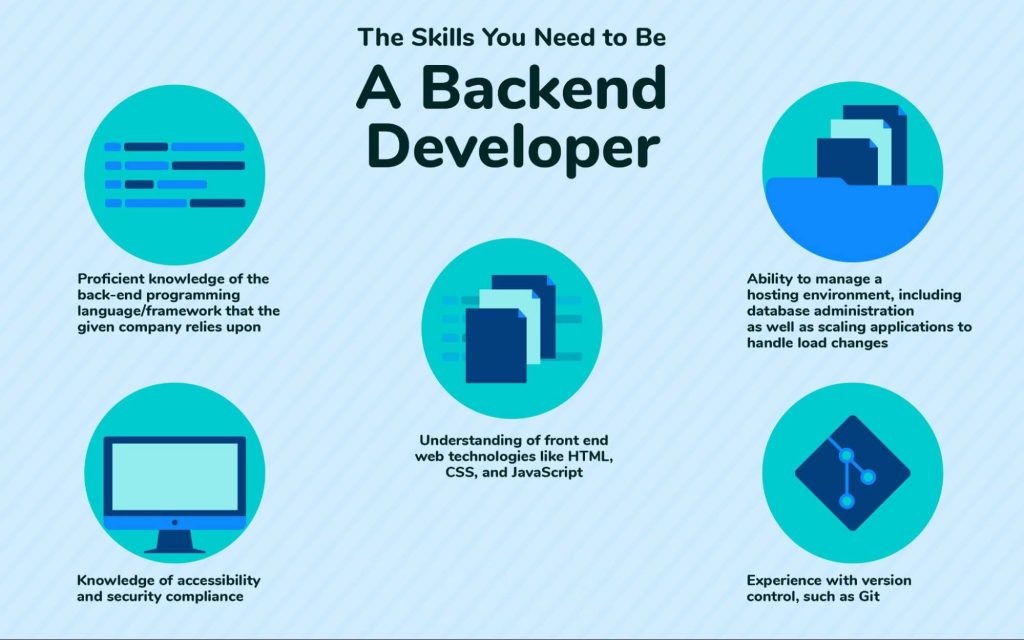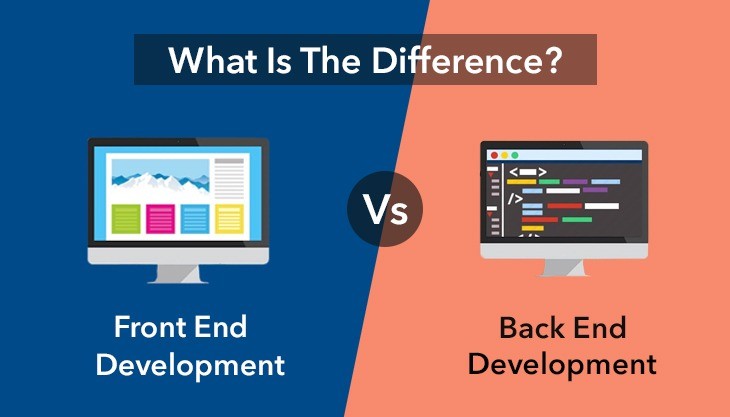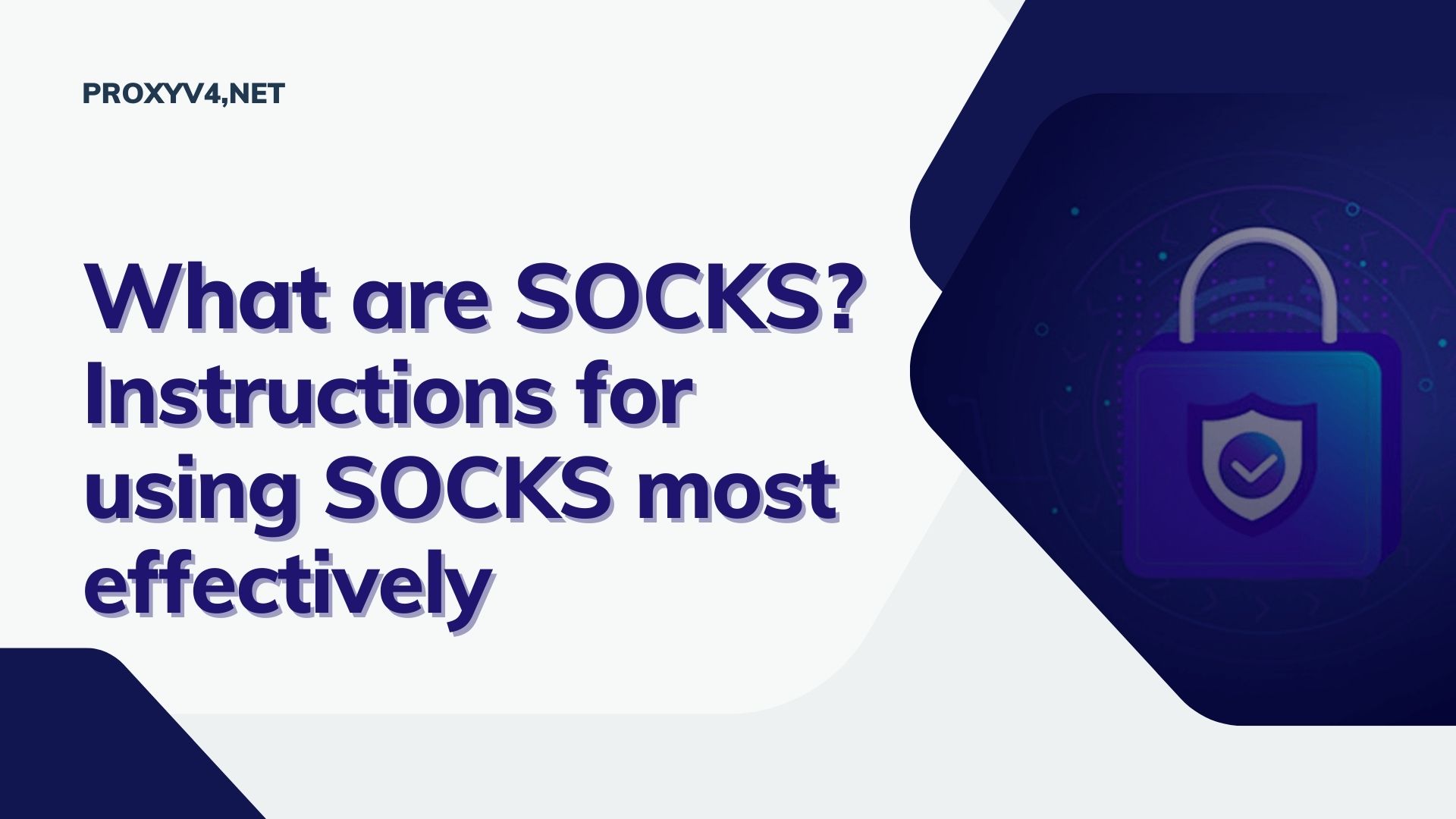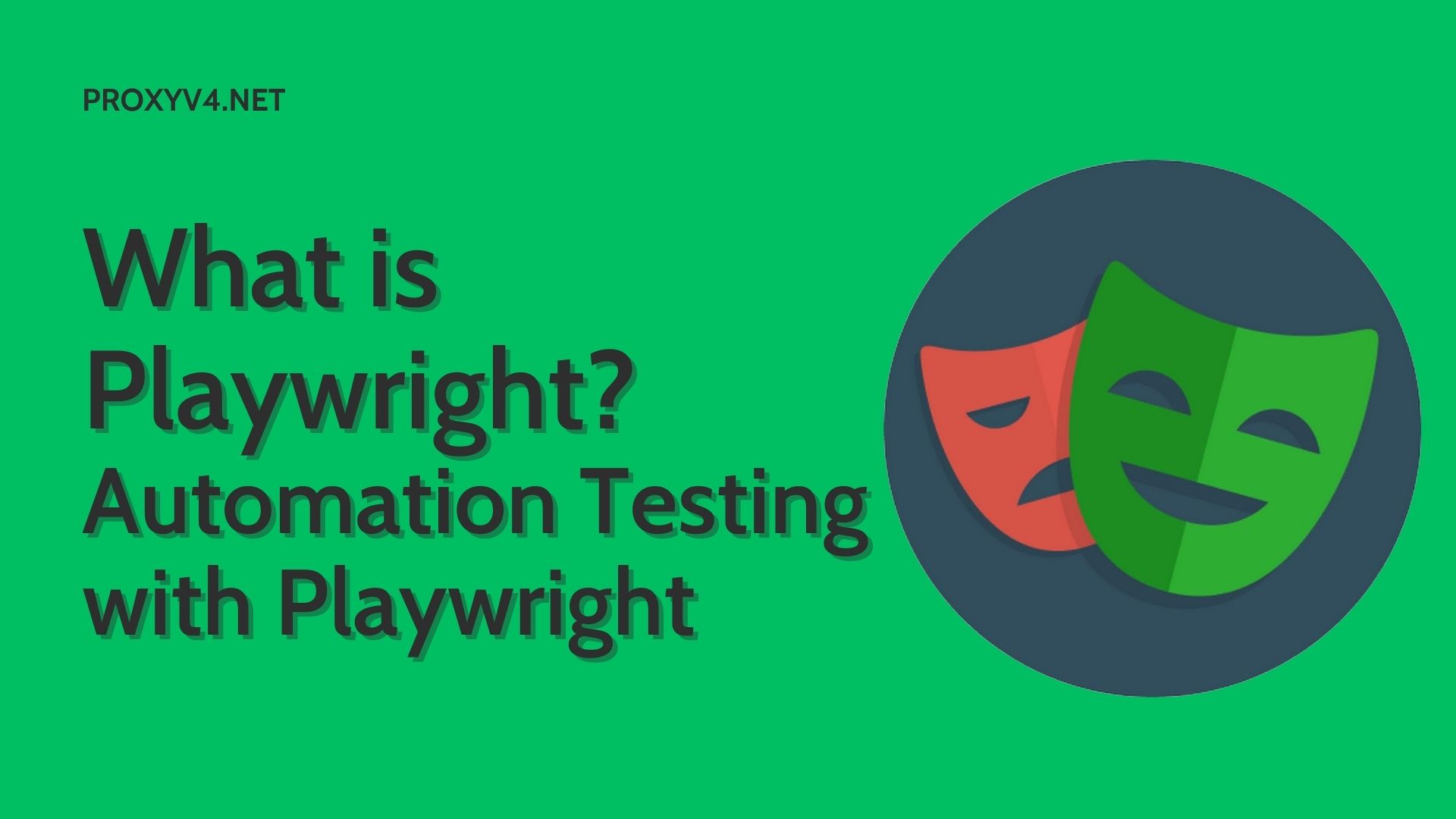In today’s evolving technology world, the role of the Back End developer is becoming increasingly important. However, not everyone understands their job and the difference between Back End and Front End. In this article, we will delve deeper into what Back End Developer is and the difference between Back End and Front End.
What is Back End Developer?
Back End Developer is the developer responsible for building the infrastructure of applications and websites. They focus on processing data, logic, and server-side requests to ensure the system operates smoothly and efficiently.
Back End Developers often use a variety of programming languages such as Java, Python, Ruby, or Node.js to build applications and services. They must also have deep knowledge of databases such as MySQL, MongoDB, or PostgreSQL to store and retrieve data effectively.
An important part of a Back End Developer’s job is to optimize system performance and ensure information security. They must test and improve data processing processes and implement security measures to prevent attacks and vulnerabilities that could endanger systems.
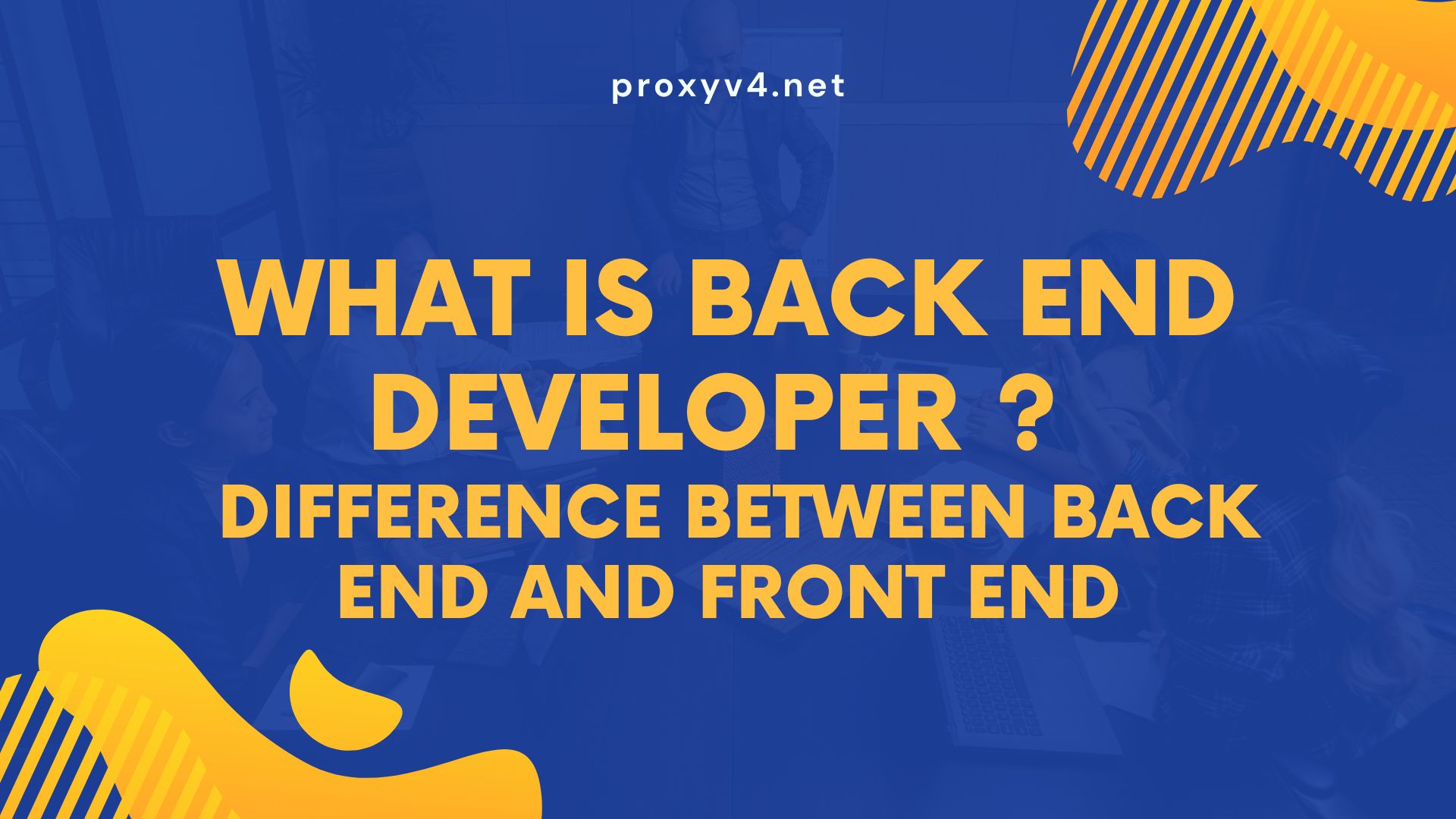
Main job of Back End Developer
Back end Developer plays a core role in building and maintaining powerful, efficient software and web applications. They are the silent “software engineers” who work behind the scenes to make sure everything runs smoothly.Below are the main jobs of Back end Developer:
Design and develop Back end software architecture
- Plan and design Back end software systems, including components, data flows, and interactions between components.
- Choose the right programming language, framework and tools for application development.
- Design and implement databases to store and manage application data.
- Build APIs (Application Programming Interfaces) to allow other software to interact with the application.
Write code
- Code in popular Back end programming languages like Java, Python, PHP, Ruby, Node.js, etc.
- Follow programming principles and best practices to ensure code is clean, maintainable, and efficient.
- Write test code to check the accuracy and reliability of the application.
- Update and maintain code when necessary.
Database management
- Design and create database structures appropriate to application needs.
- Write SQL queries to retrieve, manipulate, and manage data.
- Ensure data integrity and security.
- Optimize query performance and data access.
TApplication deployment and maintenance
- Deploy the application to a production server.
- Monitor application performance and troubleshoot when necessary.
- Update the app with new features and bug fixes.
- Ensuring the security and safety of the application.
TCompatible with external services
- Integrate the application with external services such as payment systems, email services, etc.
- Use APIs and SDKs to connect to other services.
- Handles API requests and returns appropriate data.
Data analysis
- Analyze application data to gain insights into user behavior and application performance.
- Use data analysis tools and techniques to extract useful information.
- Report data analysis results to relevant parties.
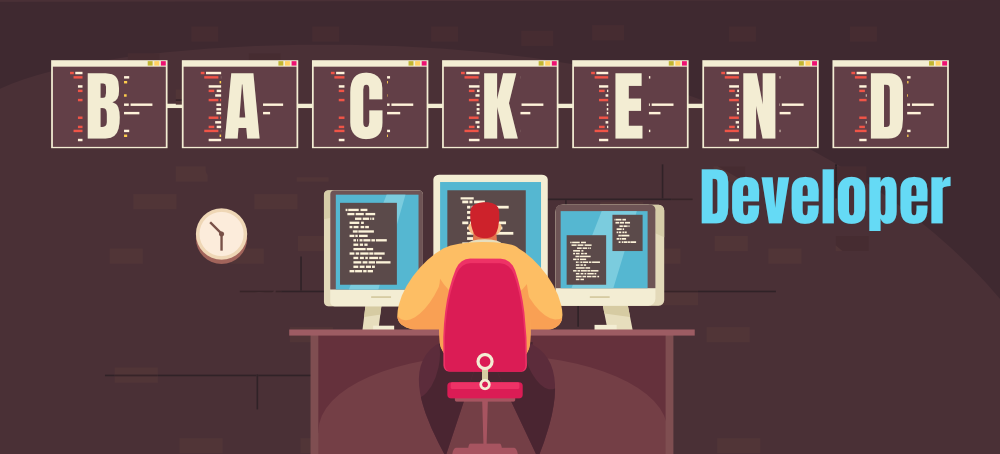
Skills needed to become a Back End Developer
To become a successful Back end Developer, you need to equip yourself with the following skills:
Programming skills
- In-depth knowledge of at least one popular Back end programming language: Java, Python, PHP, Ruby, Node.js are the most popular choices. Each language has its own advantages and disadvantages, so you need to choose the language that suits your project and personal preferences.
- Understanding of Back end frameworks: The framework simplifies the application development process and provides many useful features. Some popular Back end frameworks include Spring (Java), Django (Python), Laravel (PHP), Ruby on Rails (Ruby), Express.js (Node.js).
- Object-oriented programming skills: Object-oriented programming is an important programming element in Back end development. It helps you organize your code efficiently, easily maintain and extend.
- Web programming skills: You need knowledge of HTML, CSS and JavaScript to understand how the front-end works and interacts with the Back end.
Knowledge of databases
- Understanding of database management systems (DBMS): MySQL, PostgreSQL, MongoDB are popular examples. You need to know how to design, create, and manage databases, as well as write SQL queries to retrieve and manipulate data.
- Knowledge of data models: You need to understand different data models such as relational, non-relational and NoSQL to choose the most suitable model for your application.
- Query optimization skills: Writing effective SQL queries is critical to ensuring application performance. You need to know how to optimize queries to reduce data retrieval time.
Ability to design and implement software architecture
- Requirements analysis capabilities: You need to clearly understand user and system requirements to design the appropriate software architecture.
- Knowledge of software design patterns: Software design patterns help you solve common programming problems effectively.
- Application deployment skills: You need to know how to deploy the application to a production server and configure the necessary services.
Difference between Back end and Front-end
Back end andFront-end are two important aspects in web and software application development. Although closely related, they have distinct roles and characteristics.Below is a detailed comparison table of the differences between Back end and Front-end:
| Characteristic | Back end | Front-end |
| Location | “Inside” the application | “Outside” the application |
| Areas of focus | Logic, data, server | User interface, user experience |
| Programming language | Java, Python, PHP, Ruby, Node.js, v.v. | HTML, CSS, JavaScript |
| Tools | Database, API, Back end framework | Front-end framework, JavaScript library |
| Skill | Problem solving, logical thinking, server knowledge | Design skills, aesthetics, usability |
| Level of user interaction | Little | High |
To make it easier to imagine, you can for example:
- Back end like brain and muscles of humans, responsible for processing information, performing mathematical operations and controlling activities within the body.
- Front-end like skin and senses of humans, helping people interact with the outside world and perceive information.
Above is an overview of Back End Developer and the difference between Back End and Front End. Although Front End and Back End have separate roles, together they create a system that operates smoothly and efficiently. Hopefully this article has helped you better understand the role of the Back End. Let’s go along Proxy V4 to know more about the latest information.

